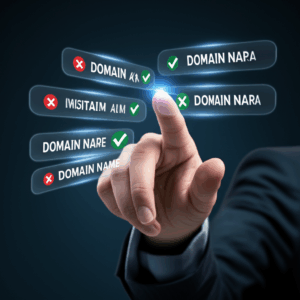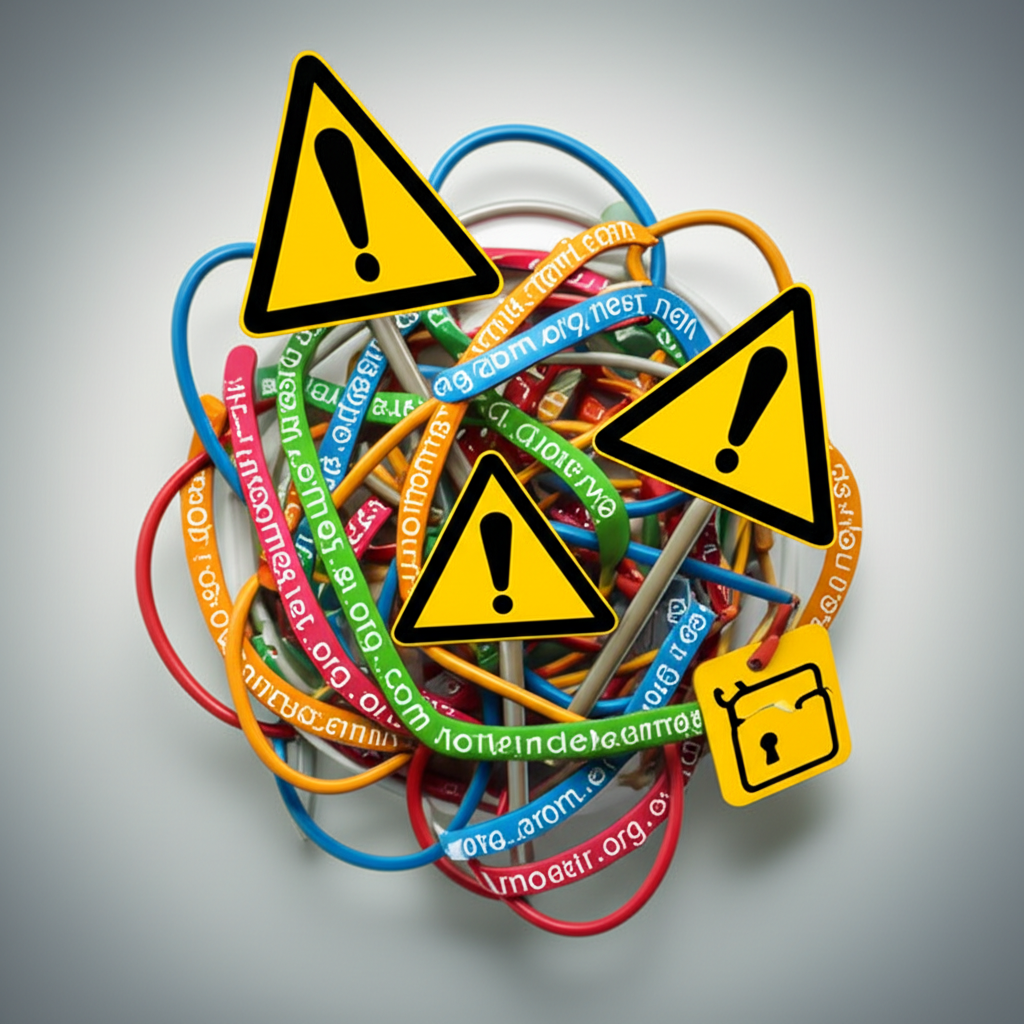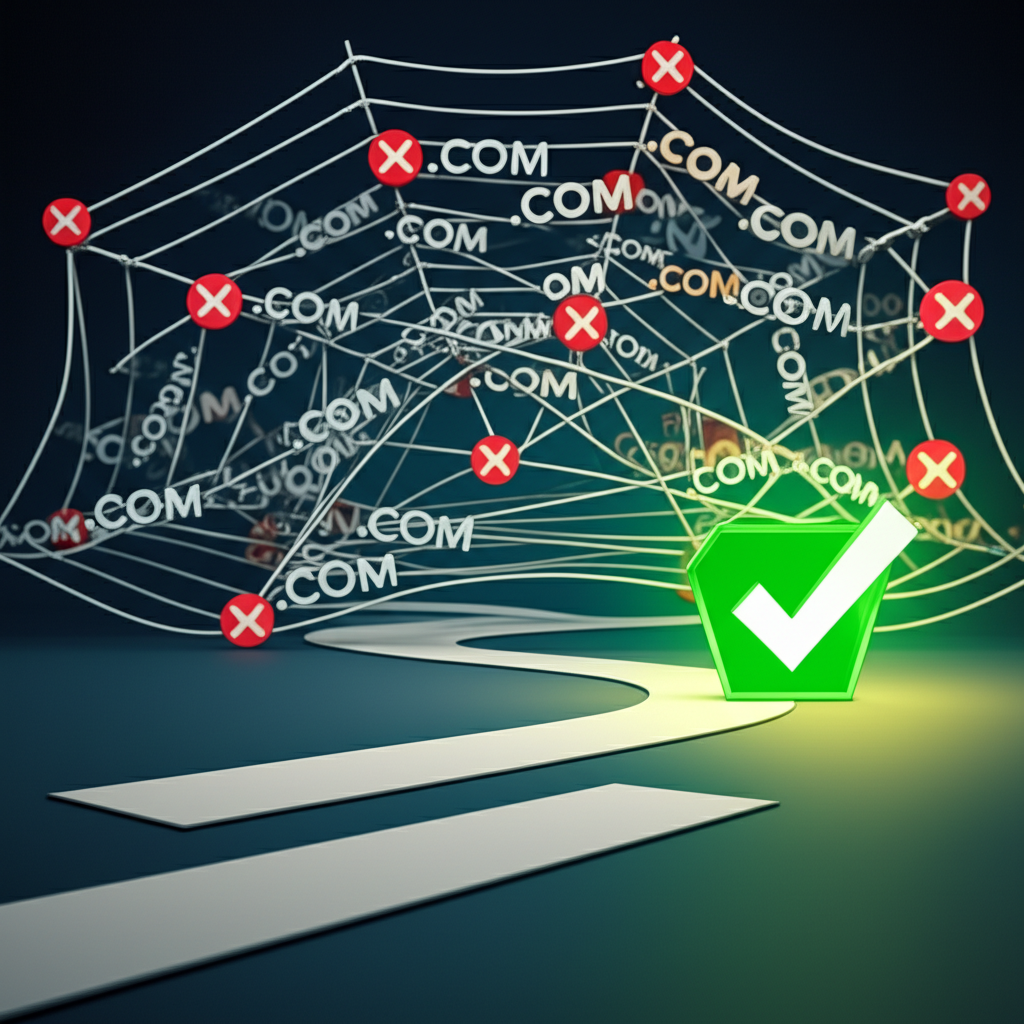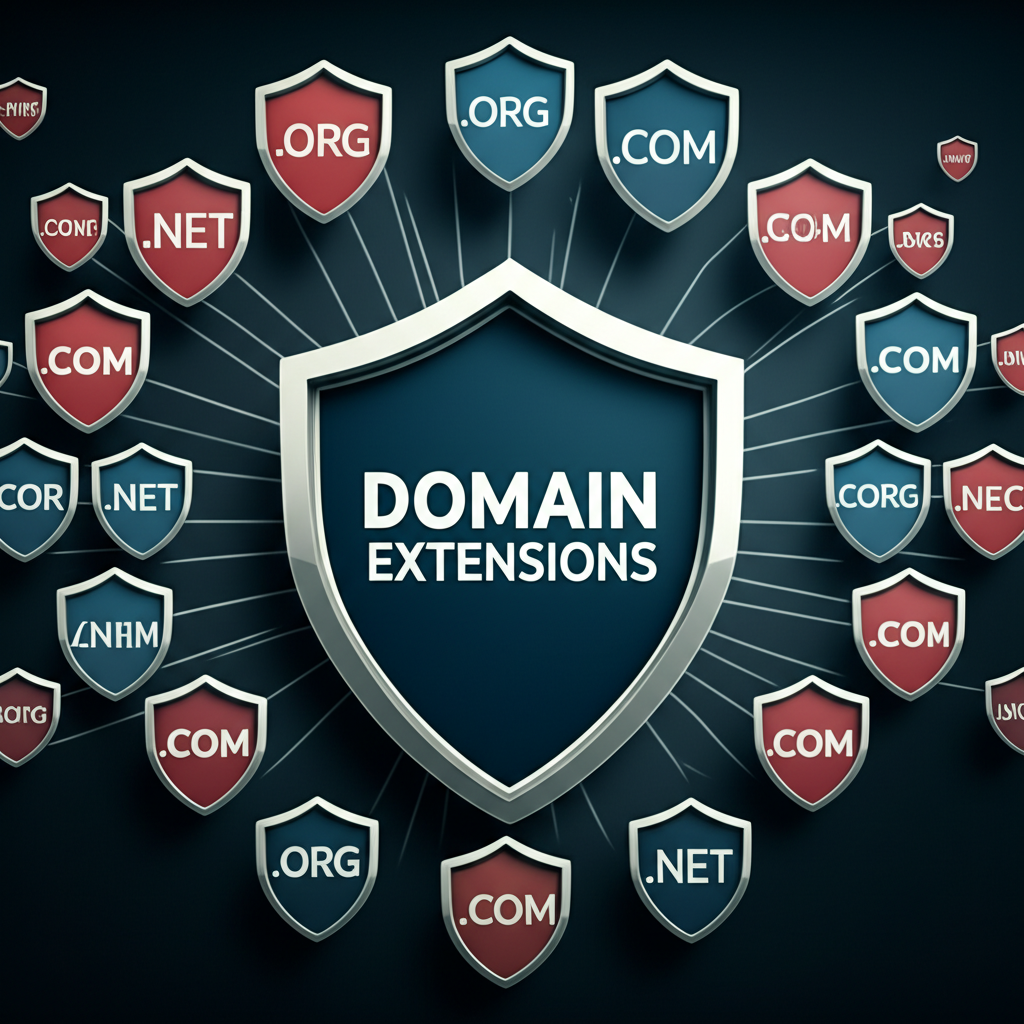- Avoiding Common Domain Buying Mistakes
- 1. Choosing the Wrong Domain Extension
- 2. Ignoring Keyword Research in Domain Names
- 3. Overlooking Trademark Infringement
- Domain Name Selection: Avoiding Further Pitfalls
- 4. Selecting a Domain Name That's Too Long or Difficult to Spell
- 5. Neglecting to Check for Domain History
- 6. Not Securing Variations of Your Domain Name
- Domain Buying Mistake: A Final Caution
- 7. Failing to Plan for the Future
Domain Buying Mistakes: 7 to Avoid for Best Results
Domain buying is often the first step in establishing an online presence. Whether you’re launching a business, creating a personal blog, or developing a portfolio, your domain name is crucial for branding, searchability, and user experience. However, the excitement of securing the perfect online address can sometimes lead to hasty decisions and costly mistakes. Navigating the world of domain registration requires careful consideration and a strategic approach. Avoiding common pitfalls can save you money, time, and future headaches. This article outlines seven domain buying mistakes to avoid for the best results.
Avoiding Common Domain Buying Mistakes

A well-chosen domain name can be a valuable asset.Conversely, a poorly chosen one can hinder your online success. Let’s dive into the common traps to avoid:
1. Choosing the Wrong Domain Extension
While `.com` remains the king of domain extensions, other options like `.net`, `.org`, and `.co` are available. Niche extensions like `.photography` or `.blog` also exist. Opting for a less common extension might seem appealing, especially if your desired `.com` is unavailable. However, most users default to `.com`, and choosing an alternative might lead to lost traffic if users accidentally type the `.com` version. Carefully consider your target audience and industry when selecting an extension. Unless you have a specific reason to choose otherwise, `.com` is usually the best bet.
2. Ignoring Keyword Research in Domain Names
Integrating relevant keywords into your domain name can improve your search engine optimization (SEO). However, keyword stuffing – cramming too many keywords into your domain – can make it look spammy and unprofessional. Conduct thorough keyword research to identify relevant terms related to your business or website. Strive for a balance between incorporating keywords and maintaining a clear, concise, and memorable domain name.
3. Overlooking Trademark Infringement
Before registering a domain, conduct a thorough trademark search. Unintentionally infringing on an existing trademark can lead to legal disputes and force you to relinquish your domain. Invest time in researching existing trademarks to avoid potential legal battles and protect your brand.
Domain Name Selection: Avoiding Further Pitfalls
Selecting your domain name is a crucial branding exercise. Here are a few more mistakes to steer clear of:
4. Selecting a Domain Name That’s Too Long or Difficult to Spell
A long, complicated, or hard-to-spell domain name can deter potential visitors. People are less likely to remember it or type it correctly. Aim for a concise, easily pronounceable, and memorable domain name. Short and sweet is often the best strategy.
5. Neglecting to Check for Domain History
A domain with a negative history, such as previous involvement in spam activities or blacklisting, can negatively impact your website’s reputation and SEO. Perform a domain history check before purchasing to ensure a clean slate.
6. Not Securing Variations of Your Domain Name
Registering variations of your domain name, such as common misspellings or different extensions, can prevent competitors from capitalizing on your brand and protect you from cybersquatting. This also helps funnel traffic to your main website.
Domain Buying Mistake: A Final Caution
While the previous points cover crucial aspects of domain acquisition, overlooking this next point can lead to significant future problems.
7. Failing to Plan for the Future
When choosing a domain name, consider your long-term goals. A domain name that perfectly suits your current project might not be as relevant as your business grows or pivots. Think ahead and choose a domain name that offers flexibility and scalability for future endeavors. For example, if you plan to expand your business internationally, consider a domain name that doesn’t limit you to a specific geographic location.
In conclusion, securing the right domain name is a vital investment in your online presence. By avoiding these seven common domain buying mistakes, you can ensure your domain name works for you, contributing to your online success rather than hindering it. Take your time, research thoroughly, and choose wisely. Your future online self will thank you.















Leave a Reply